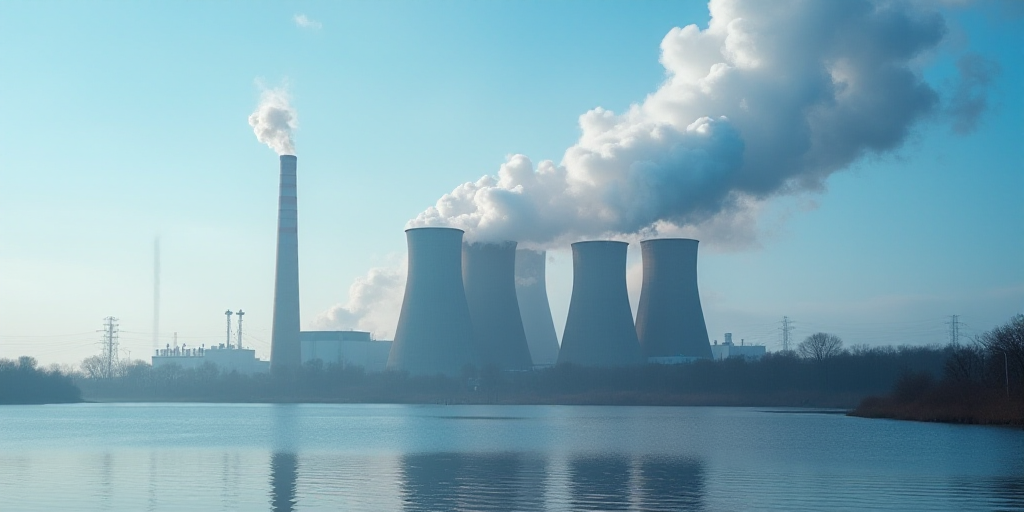Background on Key Figures and Institutions
The World Bank, led by President Ajay Banga, and the International Atomic Energy Agency (IAEA), headed by Director General Rafael Grossi, have recently signed a memorandum of understanding in Paris to collaborate on safe nuclear development and financing for developing countries. This partnership marks the World Bank’s return to funding nuclear energy projects.
Key Areas of Cooperation
- Enhancing Nuclear Knowledge: The World Bank and IAEA will work together to expand knowledge in the nuclear field, including strengthening the World Bank Group’s expertise in nuclear safety, protection, energy planning, and waste management.
- Extending Reactor Lifespan: The organizations aim to extend the operational life of existing nuclear power plants as a cost-effective, low-carbon energy source. They also plan to accelerate the development of small modular reactors (SMRs), which have potential for widespread adoption in developing countries.
Importance of Nuclear Energy for Developing Sectors
Ajay Banga’s Perspective:
“Employment requires electricity, and so do factories, hospitals, schools, and water supply systems. As demand grows—driven by factors such as artificial intelligence and development—we must assist countries in providing reliable and affordable energy.”
“That’s why we’re embracing nuclear energy as part of the solution and re-embracing it as part of the combination that the World Bank Group can offer developing countries to help them achieve their ambitions.”
Historical Significance of the Agreement
Rafael Grossi’s Perspective:
“This ‘historic’ agreement is a sign of returning realism in the world regarding nuclear energy and will pave the way for other multilateral development banks and private investors to consider nuclear energy as a viable tool for energy security.”
“This partnership is a crucial first step towards clearing the path for financing small modular reactor technology, which has the potential to deliver clean energy to developing economies.”
Key Questions and Answers
- Who are the key figures involved? The World Bank President, Ajay Banga, and IAEA Director General, Rafael Grossi.
- What is the main purpose of this partnership? To enhance nuclear knowledge and finance safe nuclear development in developing countries, including extending the lifespan of existing reactors and promoting small modular reactors.
- Why is nuclear energy important for developing sectors? Nuclear energy provides reliable and affordable electricity, which is essential for job-generating sectors like infrastructure, agriculture, healthcare, tourism, and industry.
- What is the significance of this agreement? This partnership marks a return to World Bank funding for nuclear projects and signals a shift towards realism in the global approach to nuclear energy, potentially opening doors for other development banks and private investors.






